Blog Elements
You can display blog posts in various ways with the “Blog Post” element/shortcode. You can see one example here and even more at the blog main menu item of this demo.
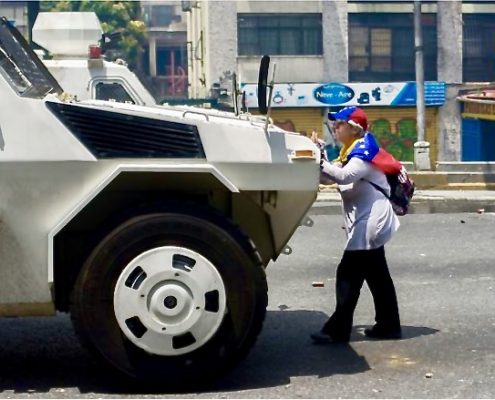
Back to Venezuela
At the end of November, I finally received my Venezuelan passport…
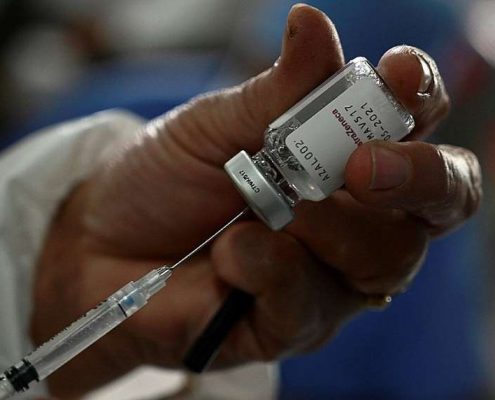
A Venezuela Without The COVID-19 Vaccine
While the AstraZeneca vaccine for COVID-19 has been a boon for…
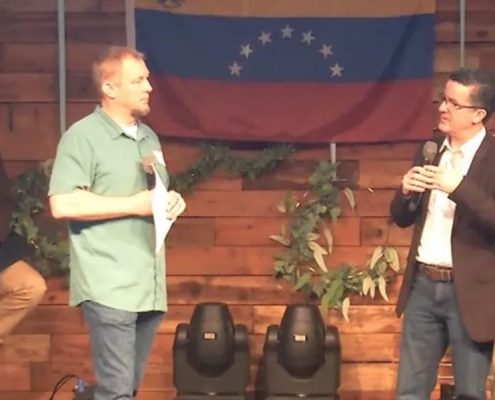
Venezuela Conversation at Menlo Church
Last year Next Step hosted an event at Menlo Church which outlined…
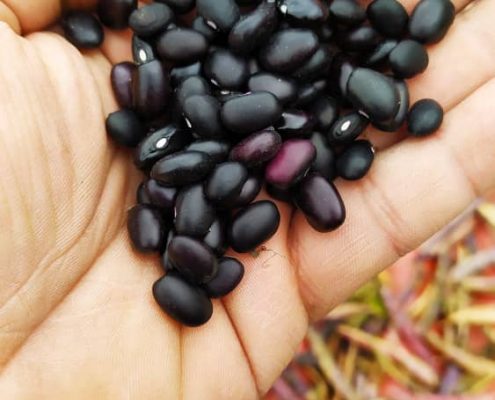
Harvest time
As life continues to be very challenging in Venezuela, we are…
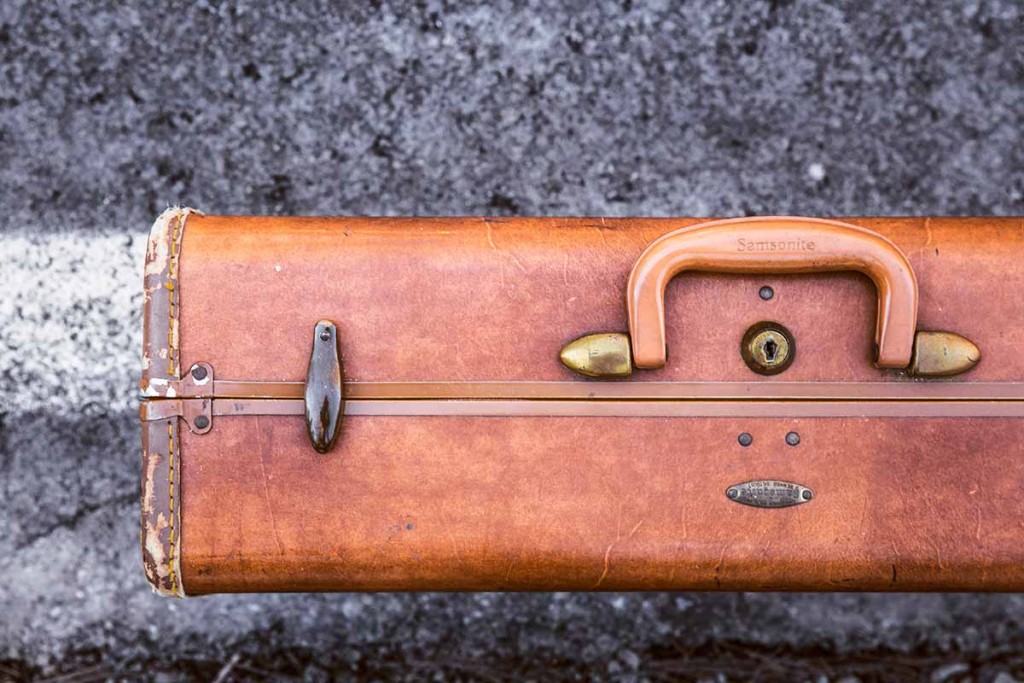
The Refugee, My Sister, My Brother
Let me introduce you to five friends and family who are courageously…
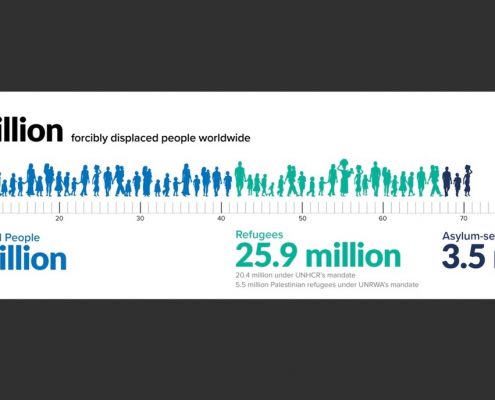
World Refugee Day 2019 and the 70.8 Million
Back in the mid 90’s while living in Germany, I became personally…

Paving a New Path: Grassroots Efforts Amidst Political Turmoil in Venezuela
/in Current Affairs, Venezuela /by Wolfgang FernandezThe recent elections in the United Kingdom and France have brought about significant changes for both nations. The UK embarks on a new path as the Labour Party takes control of the government with a supermajority in Parliament. In contrast, French President Macron faces an uncertain future, despite his party retaining the largest bloc, due to a strengthened opposition.
Despite these transformative outcomes, both nations enjoyed open and free electoral processes—a luxury Venezuelans yearn for in their upcoming elections on July 28th.
Following the 25-year political experiment initiated by Hugo Chávez in 1999 and continued by Nicolás Maduro in 2013, Venezuelans long for change. However, there are few guarantees that all Venezuelans’ votes will be respected. In May 2024, the Maduro government withdrew its invitation for a European Union election observation mission. Then, last month, the United Nations announced it would deploy a team of four experts to monitor the elections. These experts have arrived in Caracas and will stay until after the elections, meeting with all political actors, although they will not be permitted to make any public comments on their observations.
Maracaibo, Venezuela, on May 2, 2024.
Amid the stress and uncertainty these circumstances create for Venezuelans, both within the country and the more than 8 million living abroad, there is a prevailing sentiment that we must continue our work to establish new enterprises and provide essential goods and services to local communities.
Our services, which include co-working spaces for entrepreneurs in the community as well as training facilities and equipment, are fostering new opportunities for development and progress. These opportunities are making a tangible difference in the lives of families, enabling them to sustain themselves and bring hope to others.
We believe that by implementing our vision, we are empowering people to stay in the country. The journey to any other destination is fraught with peril, and doors are closing in most host countries.
To achieve our goal, we have launched an initiative to equip and support 100 new entrepreneurs, allowing them to make a difference while staying in Venezuela. We currently have 15 operating and need $2,000 for each of the remaining 85 entrepreneurs. We kindly request your consideration in joining our cause by supporting one of these aspiring entrepreneurs